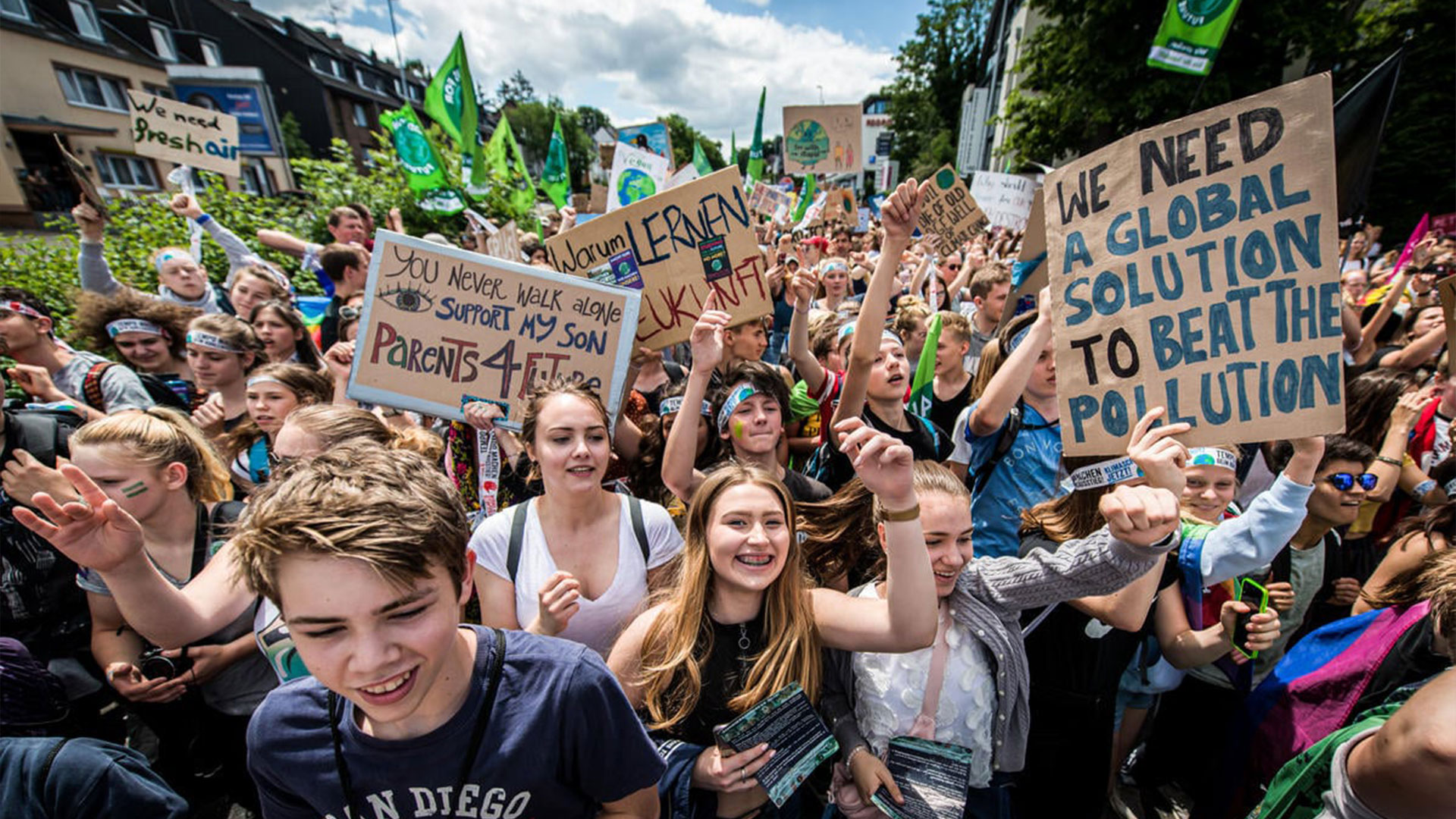Managing Perceptions: The Origins Of Anti-plastic
We are constantly talking about the points where plastic touches life, but there is no end to it. If you wish, let's take a look at why there are anti-plastic campaigns around the world despite all these reasons, and where the roots of anti-plastic are based. Nazi Propaganda Minister Joseph Goebbels, one of the dark names that history does not want to be mentioned, says the following about social perceptions; “Think of the press as a giant keyboard that the government can use.” If you wish, consider the press as an integrity from social media to news channels, and the government as political power centers and media bosses that hold the media power. When you look at the picture from this perspective and consider the intense criticisms against plastic, you might think that something is wrong.

There is competition in every field of trade and production. We do not think that anyone will have any objection to this situation, which is completely compatible with the nature of things. However, where there is competition, unfortunately, it is always useful to look for lice in the business. Considering how enormously the masses reached by the media and social media have grown today, we can better understand the magnitude of the risks we face. People's sensitivity to the environment is being abused so beautifully! A piece of news, a bad example of black propaganda, a deliberately distorted piece of news or perhaps just a piece of real information can bring the subject to unexpected levels, and negative perceptions feed each other like an avalanche. So why? How can we explain the assassination of prestige, which plastic suffers every day, and even in the eyes of the states? Let's think a little bit, let's guess if you wish.

Plastic alternative product manufacturers can conduct anti-plastic campaigns in order to be competitive in their markets, despite all the advantages of plastic. With these campaigns, they can guide customers' preferences by emphasizing that their products are more environmentally friendly than plastics. They can increase the interest in their anti-plastic campaigns by targeting people who are environmentally conscious and sensitive but have not done enough research about plastics. The companies, which are produced from recycled materials other than plastic and produce on the basis of recyclability, aim to attract demand in this way by creating a perception as if plastic is not recyclable and is the most dangerous thing in nature. There are political lobbies, television channels, social media tools and hundreds of different ways to do this. Is the loud voice always right? We think no.
Why do they never take into account what plastic has added to our lives? Investments in recyclability? Thousands of recycling facilities set up every year and the incredibly growing recycling market? The fact that many products that are attributed as an alternative and environmentally friendly to plastic actually do much more harm than plastic? If perceptions have started to form against you, unfortunately, the truth is of little value. In any case, the truth must be spoken, and Caesar's right must be handed over to Caesar, in a time-honoured phrase.



